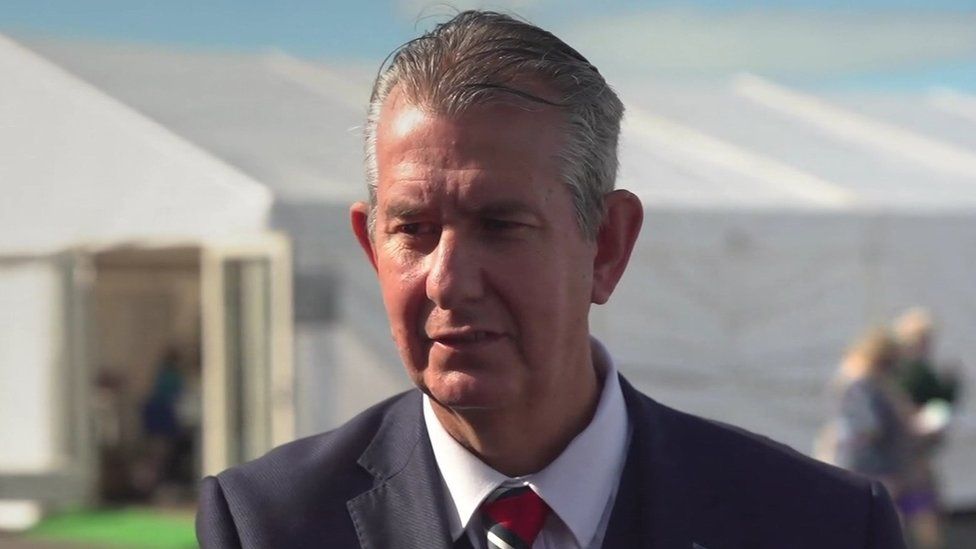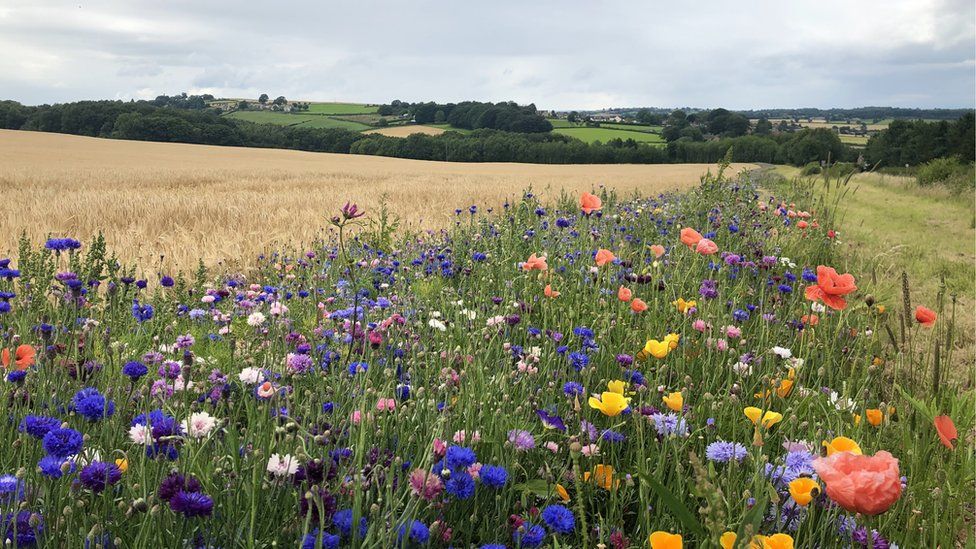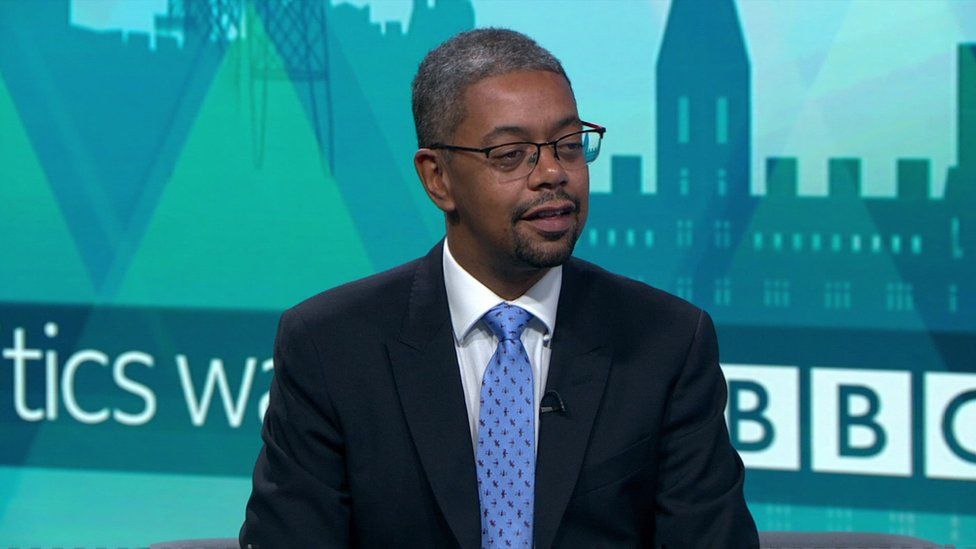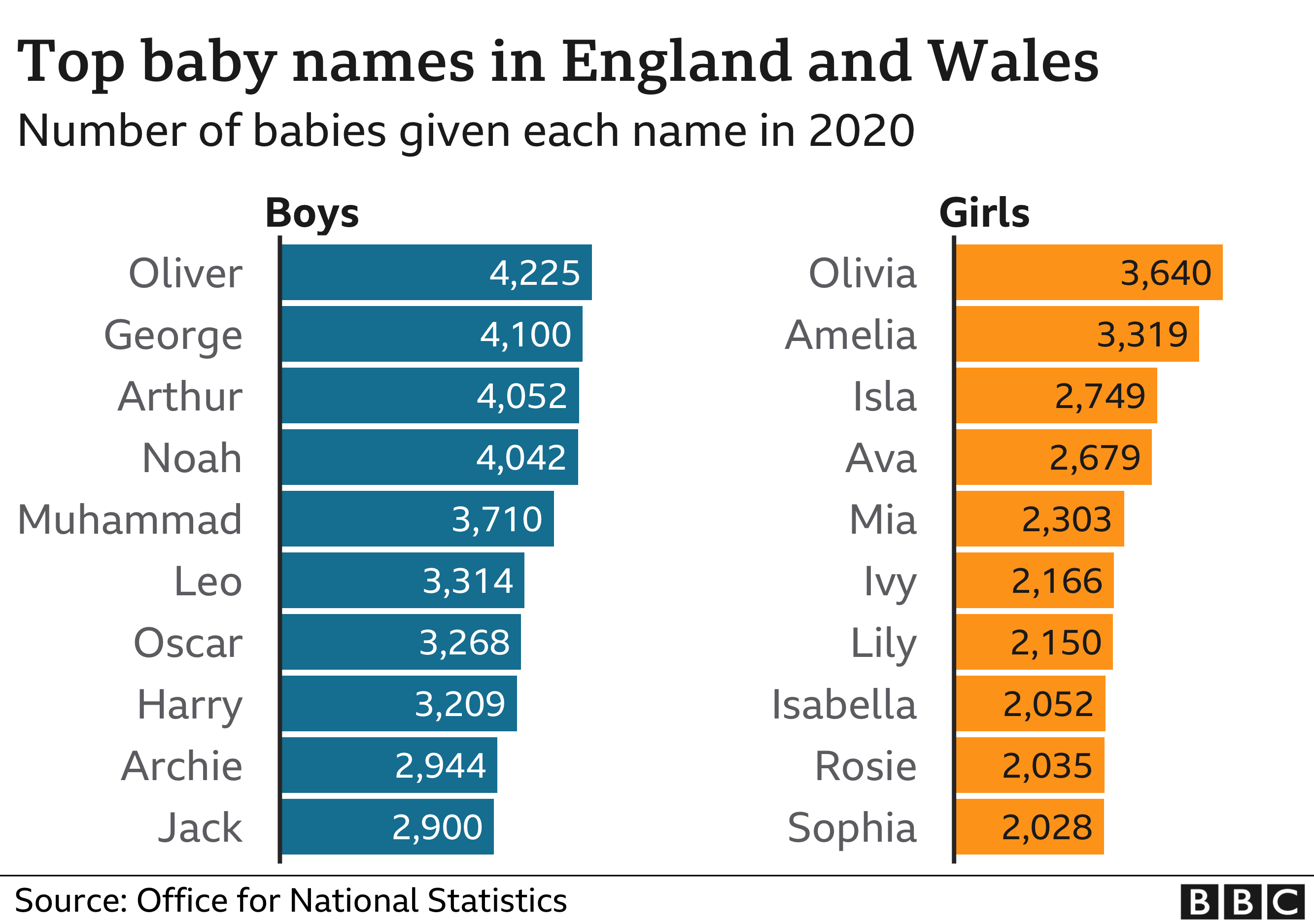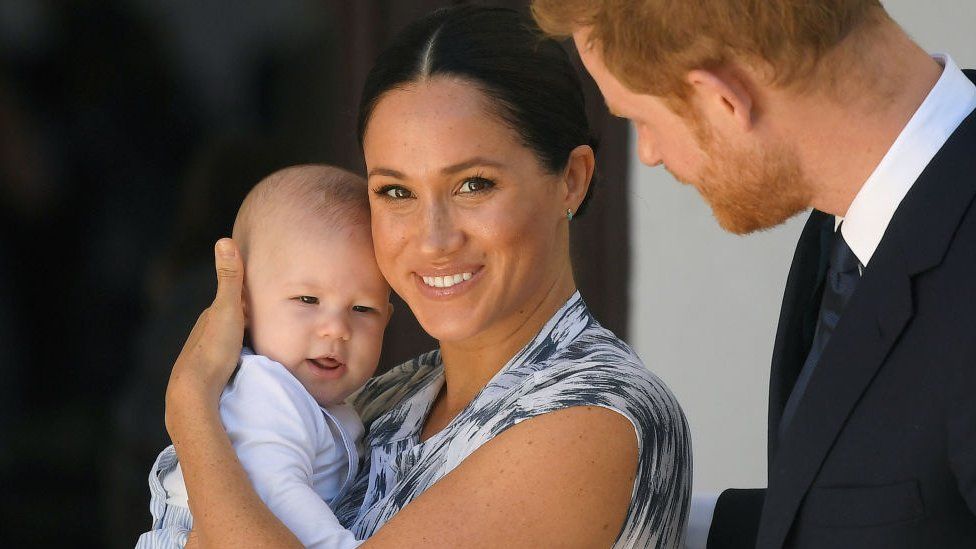The Echoing Green Fellowship supports leaders with bold ideas that will contribute to a world where race does not correlate with the systemic limitation or denial of opportunities, access to resources, or limits to the space to dream and build. Building a future free from racism, colorism, colonialism, white supremacy, and other oppressive systems requires collective action, working across issues and geographies, and learning across experiences.
The Fellowship application prompts you to share how you will help counteract these forces and create a world where all people can thrive. Through clear and identifiable examples in your application responses, we want to understand how racial equity is core to your bold vision for change, from your organization’s operations to your intended impact.
Benefits
LEADERSHIP DEVELOPMENT
Personalized Framework
A comprehensive program to build and grow leadership skills and develop the strategies needed for ideas to thrive.
Wellbeing Support
Ongoing support focusing on mental and emotional wellbeing, as well as self-care workshops designed specifically for the struggles of entrepreneurshi
SEED RESOURCES
Leader Support
A portfolio team facilitates the Fellow experience and connects these leaders to experts and opportunities according to their needs.
Seed Funding
A stipend over 18 months (80,000 USD). Funding offered to for-profit organizations is in the form of recoverable grants.
COMMUNITY SUPPORT
Retreats and Networking Events
Gatherings to connect Fellows across classes and cohorts, as well as with experienced business leaders, institutions, and investors committed to solving global issues.
Expert Partners
A suite of pro-bono support from leading professionals to build organizational capacity and help navigate the social entrepreneurshi


